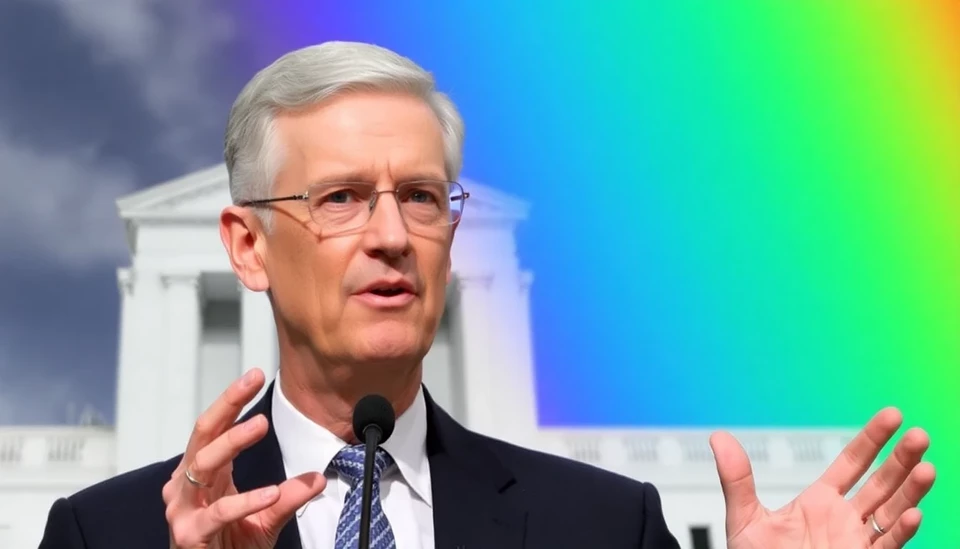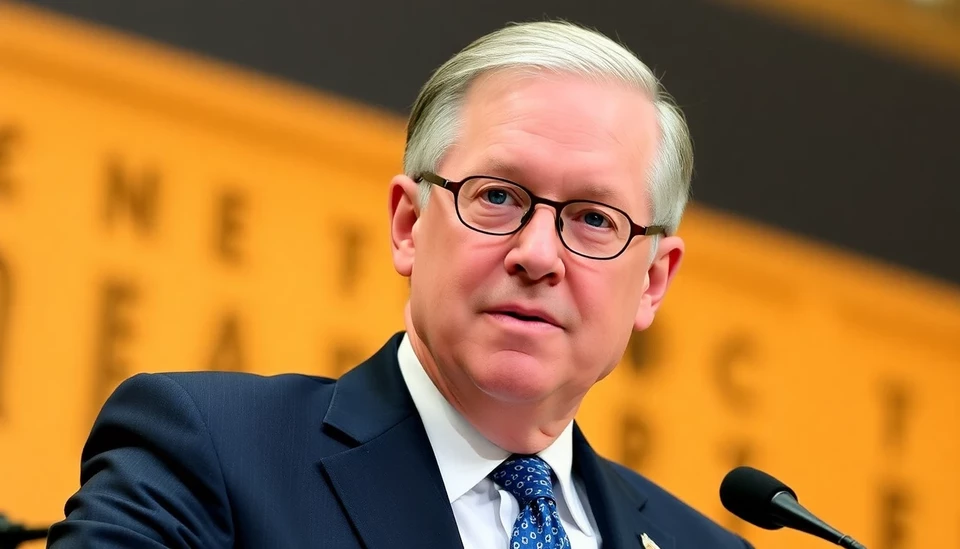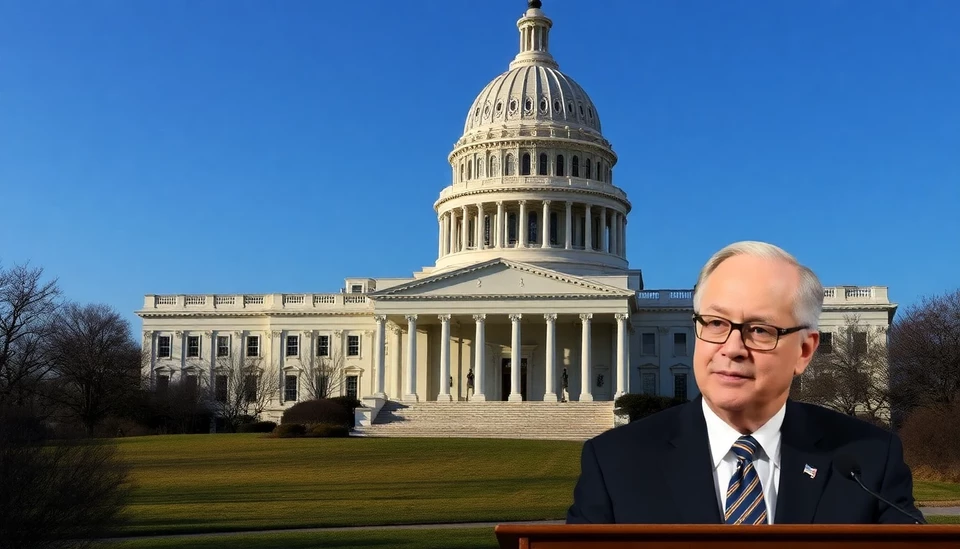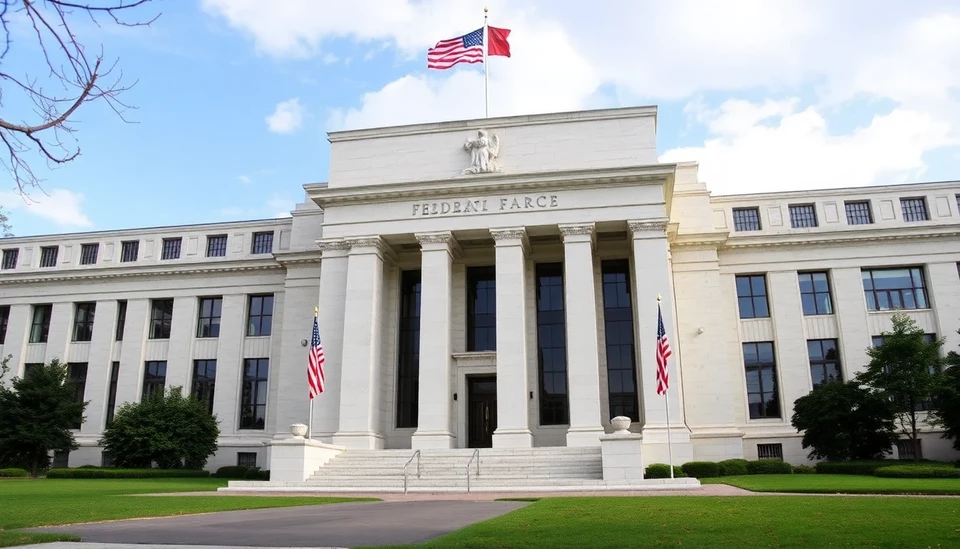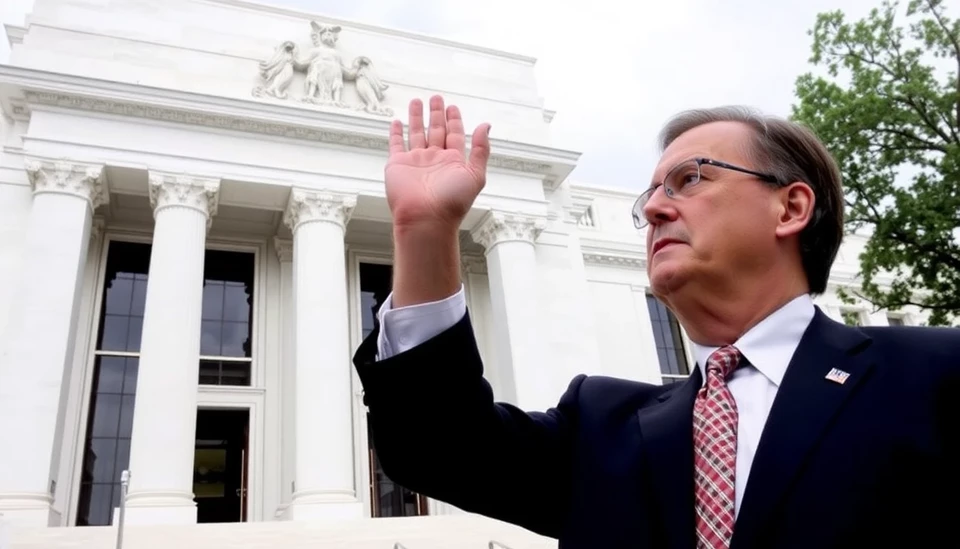
In a significant address, Thomas Barkin, the President of the Federal Reserve Bank of Richmond, voiced concerns regarding the potential ramifications of tariffs on the U.S. economy. During a recent speech, Barkin articulated that imposing tariffs could not only lead to a reduction in job opportunities but also contribute to rising inflation levels, a distressing combination for both consumers and businesses alike.
Delving into the economic implications of tariff policies, Barkin highlighted that while tariffs are intended to protect domestic industries from foreign competition, they can often result in unintended consequences. "In the short term, tariffs may appear beneficial to some sectors," he remarked, "however, the broader effects often include job losses in industries dependent on imported goods and consequently higher prices for consumers." This reflection aligns with observations made by various economists who have criticized trade barriers for creating inefficiencies within the market.
The concerns raised by Barkin come at a crucial time as the Fed continues to navigate complex economic dynamics, including inflation, which remains a priority for monetary policy. His sentiments echo a growing apprehension among economists that the continuous use of trade tariffs could exacerbate inflationary pressures rather than alleviate them.
Barkin's remarks also hint at a larger conversation regarding the role of trade in economic recovery and growth. "The interplay between trade policy and economic stability is intricate and demands careful consideration," he stated, advocating for a balanced approach that supports both domestic job creation and maintains a competitive international landscape.
This message serves as a reminder for policymakers to weigh the consequences of protectionist measures against the backdrop of long-term economic health. As inflation continues to affect consumer purchasing power, the dialogue surrounding tariffs becomes increasingly relevant, urging stakeholders to consider more comprehensive trade strategies that promote stability and growth without compromising job security.
As the Fed prepares for upcoming meetings and assessments of the national economic landscape, Barkin's insights will likely influence discussions about how best to address both inflation concerns and ongoing labor market challenges. The delicate balance between fostering a vibrant economy and protecting jobs is crucial as the U.S. positions itself within the global marketplace.
In conclusion, Thomas Barkin’s warnings about tariffs bear significant weight, highlighting the need for informed policy decisions. As trade challenges evolve, so too must the strategies employed to ensure that American workers are not left behind, reinforcing the importance of collaborative efforts to sustain economic stability.
#FederalReserve #Tariffs #Inflation #Economy #JobMarket #TradePolicy #ThomasBarkin
Author: Daniel Foster
